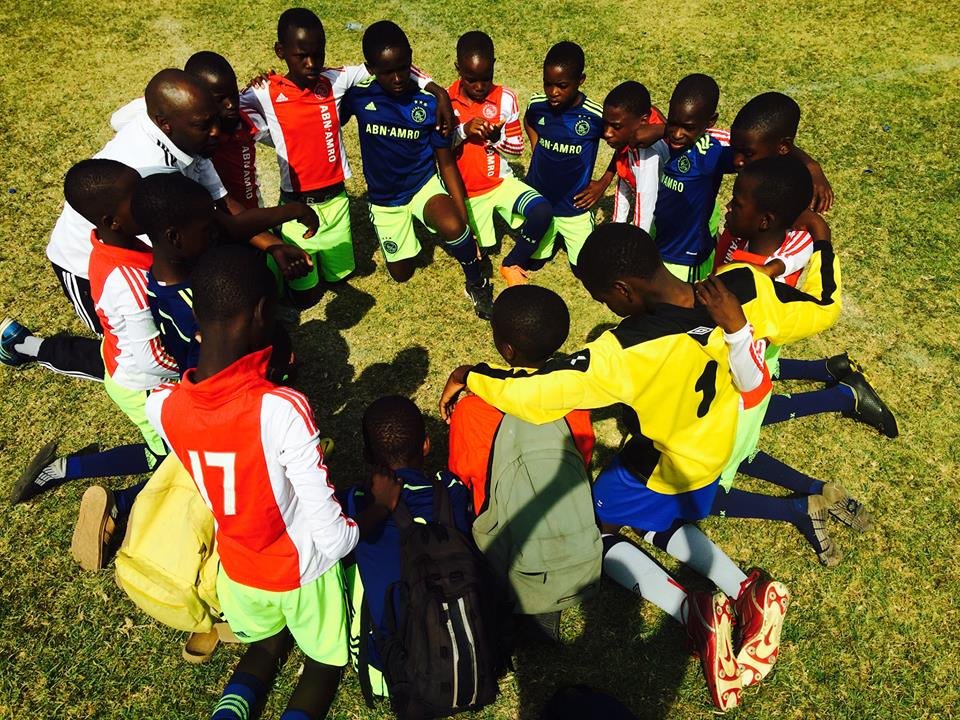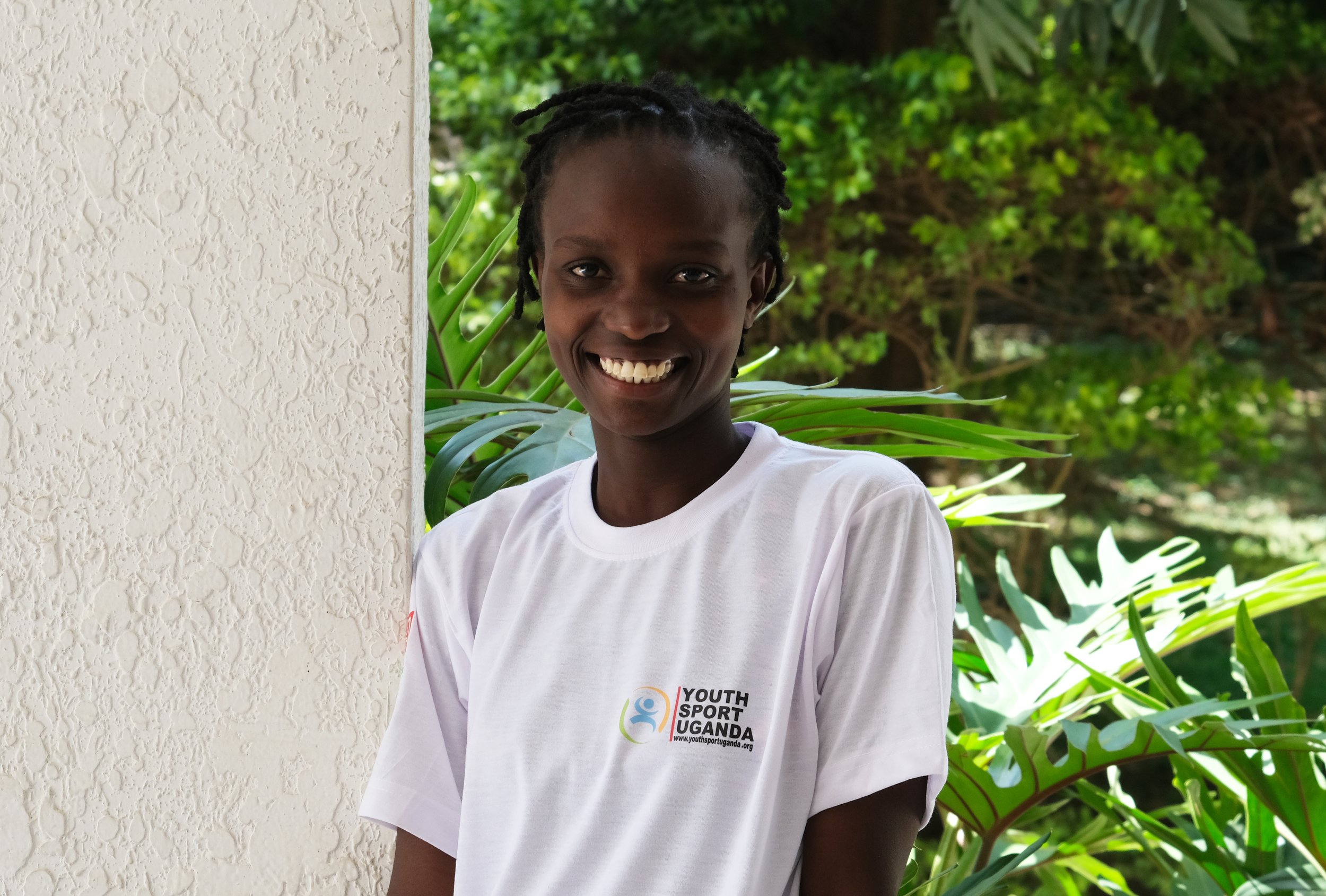
Tanzania
FUTURE STARS ACADEMY
Future Stars Academy was established in 2009 with the aim of creating sustainable social development for young people.
Operating in Arusha and Moshi, the non-profit organisation focuses on developing leadership, empowerment, and instilling a sense of responsibility through sport for 6 to 20 year olds.
Country statistics
167 out of 189 in Human Development Index rankings (UNDP, 2022)
$1,220 Average annual salary per person (World Bank, 2023)
27% of the population live below the poverty line (WFP, 2024)
Tanzania is a country in Eastern Africa bordering the Indian Ocean and between Kenya and Mozambique. The country has a population of 69.7 million (Worldometer, 2025).
The country graduated from low-income to lower-middle-income country status in 2020, however 27% of the population still live below the poverty line and an additional 8% live in extreme poverty (WFP, 2024).
Agriculture is the corner stone of the Tanzanian economy supporting 70% of the population however, the sector’s development is limited by environmental degradation and climate shocks (WFP, 2024).
There is a current housing deficit in the country with some 3 million houses needed to address the chronic shortage (Shelter Afrique, 2019). This is reflective of issues in the wider continent which is struggling to keep up with population growth and rates of urbanisation, with an estimated 52 million units needed to address the shortage (IPP Media, 2024).
An average of 70% of Tanzanians are renters spending more than 25% of their monthly income to cover housing expenses especially in major cities of Dar es Salaam, Arusha, Mwanza, and Dodoma. This is caused by an imbalance between supply and demand for affordable homes (Housing Finance Africa, 2023).
In Tanzania, one in three women and girls still experience physical, sexual, and other forms of gender-based violence. Abuse and harmful practices against women and girls persist, with over 2 million girls having experienced female genital mutilation (FGM) and 23% of girls are married before the age of 18 (UN Women, 2024).
Tanzania is one of four Homeless World Cup member countries that are part of the Football to Protect Vulnerable Women from Exploitation programme which has created and implemented a new curriculum for men and women to tackle gender-based violence. This is a two-year project supported by the FIFA Foundation.
Our Member Country representative partner Future Stars Academy hosted the first Africa Women’s Cup in Arusha in June 2024.
STORIES from the region











